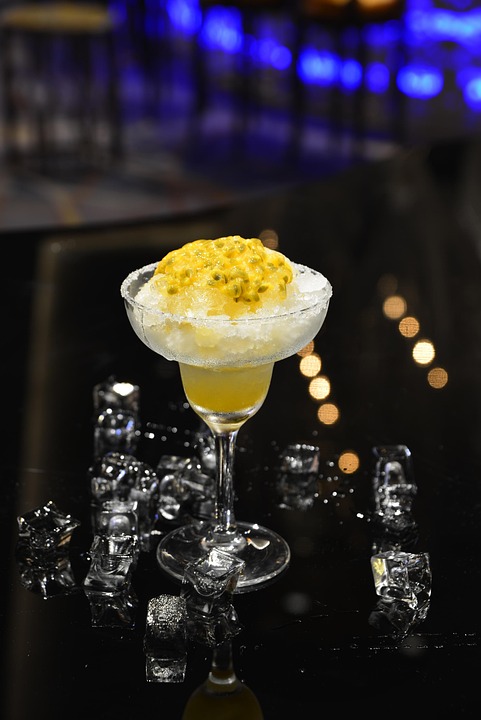Introduction
Functional beverages have been gaining popularity in recent years as consumers seek out healthier alternatives to traditional sugary drinks. These beverages are designed to provide additional health benefits beyond basic hydration, often containing vitamins, minerals, herbs, or other ingredients aimed at supporting specific health goals. In this report, we will explore how functional beverages are reshaping the non-alcoholic drink category, looking at industry trends, key players, financial data, and consumer preferences.
Industry Overview
The non-alcoholic drink category is a significant and growing market, with consumers increasingly prioritizing health and wellness. According to a report by Grand View Research, the global non-alcoholic beverage market was valued at $967.3 billion in 2020 and is expected to reach $1,200 billion by 2027, growing at a CAGR of 3.1% during the forecast period.
Rise of Functional Beverages
Functional beverages have emerged as a key driver of growth within the non-alcoholic drink category. These beverages offer a unique value proposition to consumers, providing not only hydration but also targeted health benefits. Common functional beverage categories include sports drinks, energy drinks, ready-to-drink teas, and wellness shots.
Consumer Trends
Consumers are increasingly seeking out functional beverages that align with their health and wellness goals. According to a survey by Nielsen, 55% of consumers are willing to pay more for products that promote health and wellness. This has led to a surge in demand for functional beverages that offer specific benefits such as immune support, energy boost, or stress relief.
Key Players
The functional beverage market is highly competitive, with a wide range of companies vying for market share. Some of the key players in the industry include:
– PepsiCo: PepsiCo has a strong presence in the functional beverage market with brands such as Gatorade, Propel, and Tropicana Essentials.
– The Coca-Cola Company: Coca-Cola offers a variety of functional beverages including Vitaminwater, Powerade, and Honest Tea.
– Red Bull: Red Bull is a leading player in the energy drink category, offering products that provide a quick energy boost.
– Keurig Dr Pepper: Keurig Dr Pepper owns brands such as Snapple, Bai, and Core Hydration, catering to different functional beverage segments.
Financial Data
The functional beverage market is a lucrative segment within the non-alcoholic drink category. In 2020, the global functional beverage market was valued at $112.4 billion, with energy drinks accounting for a significant portion of the market. According to Statista, the energy drink segment is expected to grow at a CAGR of 7.2% from 2021 to 2025.
Market Trends
Several key trends are shaping the functional beverage market, including the rise of plant-based ingredients, clean label products, and personalized nutrition. Consumers are increasingly seeking out natural and organic options, driving demand for functional beverages that use ingredients such as adaptogens, superfoods, and botanical extracts.
Consumer Preferences
Consumers are becoming more discerning when it comes to their beverage choices, looking for products that not only taste good but also offer functional benefits. According to a survey by Mintel, 42% of consumers are interested in beverages that support immune health, while 33% are interested in products that improve mental well-being.
Product Innovation
To meet consumer demand, beverage companies are investing in product innovation and new product development. This includes launching new flavors, incorporating trending ingredients, and partnering with health and wellness influencers to promote their products. Companies are also focusing on sustainable packaging and ethical sourcing to appeal to environmentally conscious consumers.
Marketing Strategies
Marketing plays a crucial role in the success of functional beverages, with companies leveraging social media, influencer partnerships, and experiential marketing to reach their target audience. Brands are also investing in educational campaigns to inform consumers about the health benefits of their products and differentiate themselves from competitors.
Conclusion
Functional beverages are reshaping the non-alcoholic drink category, offering consumers a healthier and more functional alternative to traditional sugary drinks. With growing consumer interest in health and wellness, the functional beverage market is expected to continue to expand, driven by innovation, consumer preferences, and market trends. Companies that can adapt to changing consumer demands and offer products that meet the needs of today’s health-conscious consumers are well-positioned to succeed in this dynamic and competitive market.


